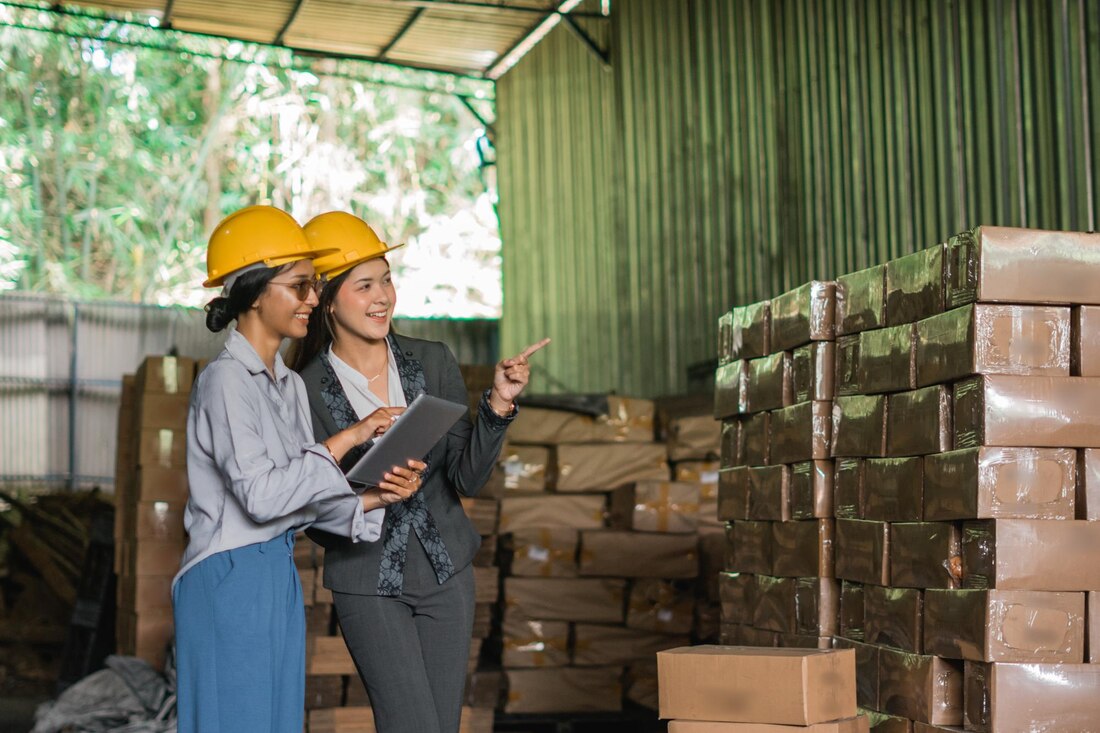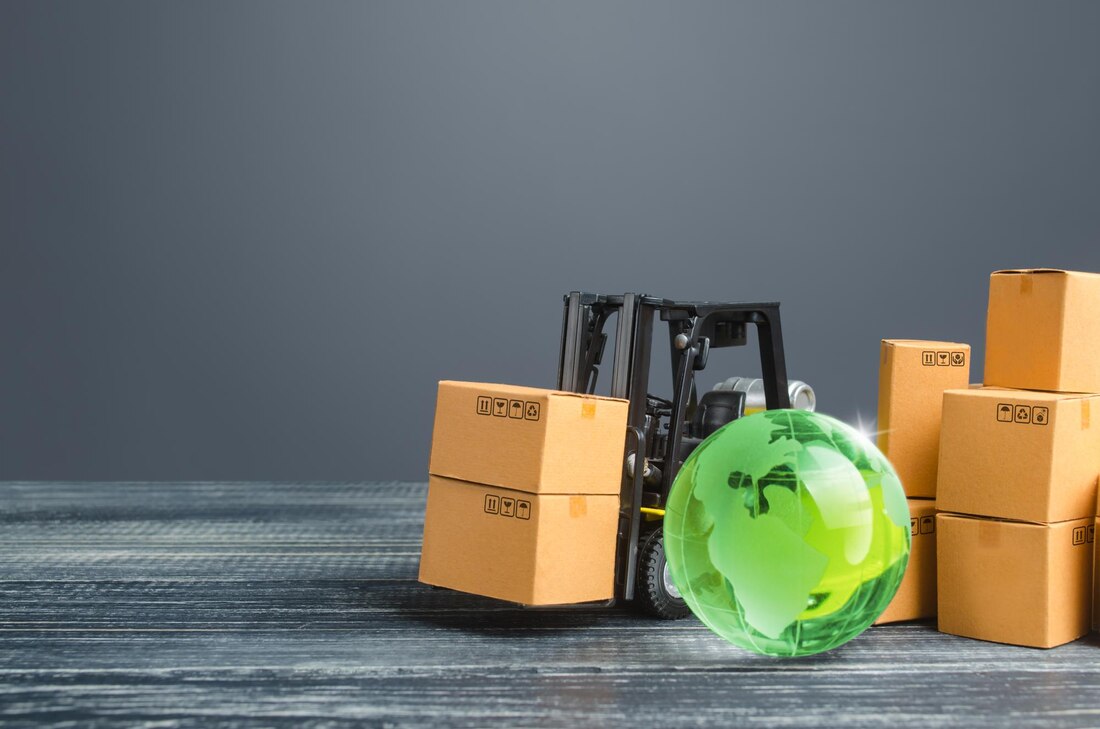Being eco-friendly is more than a trend when you own a business. It is a necessity and, if we go to semantics, also a duty you have with the planet.
You want to work around the circular economy practices and align your business goals with them.
Why? Because working on eco-friendly options and getting the most out of your process while protecting the planet is a need. It is no longer an option or a random approach.
For this, sustainable surplus partnerships are quite helpful.
They are collaborations between companies that share common goals, such as:
- reducing waste,
- protecting the environment,
- and creating long-term value.
These partnerships help businesses manage surplus inventory in ways that support sustainability. All of it while also meeting their business objectives. It is a win-win situation as you get your profits while reducing the waste in landfills and waste areas.
At Coastal Surplus Solutions, we really care about surplus and eco-friendliness. It is all about working on aligning values.
We are the best partners to offer guidance and practices for sustainability in this industry.

Why Sustainable Surplus Partnerships Matter?
Many companies today want to do business with partners who care about the planet and society. This is fueled by customers or clients prioritizing these companies and businesses over the standard ones.
Do you care about the planet? Does it show? Then people will be more interested in choosing you.
What do you win as a whole when working together with businesses that care? You can:
- Reduce waste and carbon footprintsby reusing or recycling surplus goods.
- Improve supply chain transparencyand ensure ethical sourcing.
- Save coststhrough shared resources and better inventory management.
- Build stronger reputationsby showing commitment to environmental and social responsibility.
Imagine you are a company that gets a $10.000 pallet. You benefit from a partnership that helps resell or repurpose that inventory efficiently. After all, it helps reduce waste and increase returns.
Key Elements of Successful Sustainable Partnerships
Of course, before you choose partnerships, always work around the reasons why they benefit you.
More than being a general reason, it is about finding personal interests. Some of them include:
- Shared Values and Goals.
Partners must agree on sustainability priorities, such as reducing emissions or minimizing waste. Part of the agreement can include supporting local communities. This alignment creates a strong foundation for cooperation.
- Transparency and Communication.
Open sharing of information about sourcing, inventory, and environmental impact. This helps build trust and ensure accountability.
- Innovation and Knowledge Sharing.
Partnerships encourage new ideas and technologies. All of them improve surplus management and sustainability outcomes.
- Long-Term Commitment.
Sustainability requires ongoing effort. Successful partnerships plan for the future and adapt as goals evolve.
- Measuring Impact.
Tracking progress with clear metrics. like waste reduction or carbon savings. This helps partners understand their success and identify areas to improve.
Other benefits or key aspects can be included. However, they will vary depending on the partner you have and what you are looking for specifically.
It is never a limitation, and you can always negotiate terms. This is why we always mention how this entire process should be looked at as an opportunity in all aspects.
Real-World Examples of Sustainable Surplus Partnerships
It is hard to believe that your business can benefit from them, right?
However, there are multiple examples that prove otherwise.
- Starbucks and Conservation International.This partnership promotes sustainable coffee sourcing, improving farmers’ livelihoods while protecting the environment.
- Unilever and Rainforest Alliance.Together, they ensure sustainable ingredient sourcing and reduce environmental risks in supply chains.
- IKEA and Better Cotton Initiative. A long-term effort to transform cotton production into a more sustainable industry.
How to Build Sustainable Surplus Partnerships
This is the million-dollar question. If they are so good, how can you get started with them?
You need to take your time and never jump to the first option. Many people and companies search for partnerships, but not many understand what it entails.
Hence, we recommend at Coastal Surplus Solutions that you follow the recommendations from the FSC and our experience:
- Identify partners with aligned sustainability goals.
- Set clear expectations and shared objectives.
- Use technology like blockchain for supply chain transparency.
- Collaborate on circular economy initiatives such as reuse and recycling.
- Regularly review and report on partnership outcomes.
Feel free to contact us for more information and to have our team support you in surplus.





